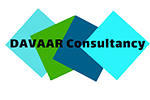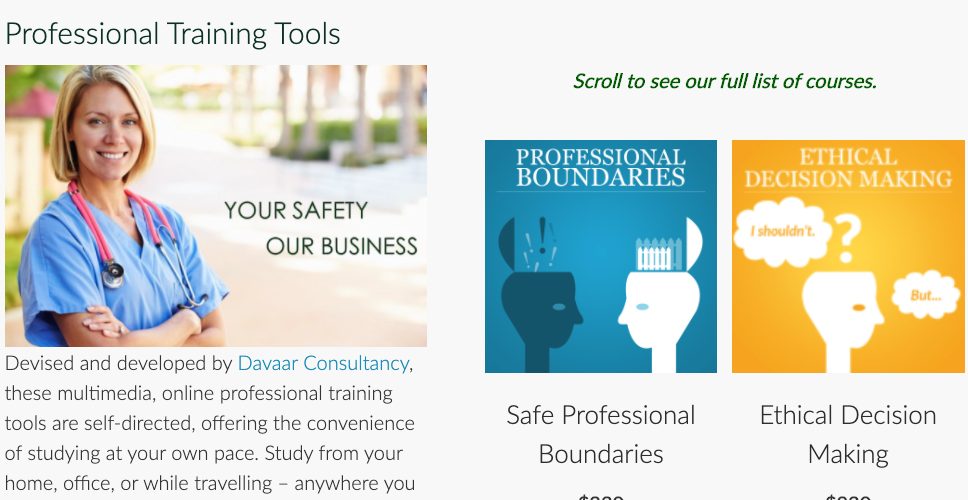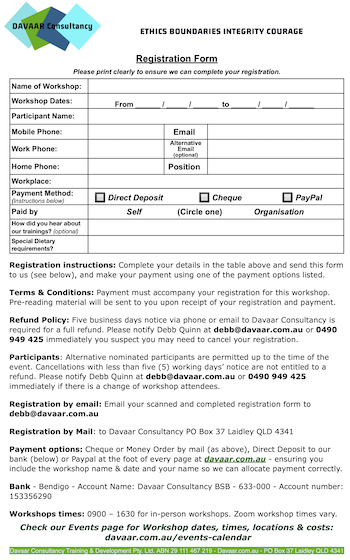“Resilience – the capacity to recover quickly from difficulties: toughness”
The experience of stress is personal. No two people will experience the same situation in exactly the same way. An event at work which could be considered a major stressful event for some staff may be seen by others as exciting and challenging. Resilience has been shown to be a major factor that influences an individuals (and groups) response to “stress events”.
The experience of stress, and being stressed, varies between individuals and for individuals at different times in their life. Some stress can be beneficial and learning gained from this can boost resilience. Human bodies however have not evolved to manage the continuous stress that individuals can experience in modern times. When moderate amounts of stress hormones such as adrenaline and cortisol build up over time or hang around, this is detrimental to our well-being (affecting cardiac, immune and other major systems of the body as well as mental well being). Chronic stress affects our ability to concentrate, learn and to memorize. Amnesia and forgetfulness can occur when an individual is exposed to chronic stress. Enough stress can lead to mental illness for many individuals.
This two day workshop explores resilience and mental wellbeing using a number of creative means. There are specific themes that will be addressed during the workshop including:
- building positive, nurturing professional relationships
- developing emotional insight
- achieving life balance & spirituality
- maintaining positivity
- becoming more reflective
It is well reported that significant changes in the workplace can have both positive and negative effects on staff. Employee responses to changes in the workplace depend on a number of factors including:
- resilience of the individual and / or the team
- coping strategies which may assist or hinder the change process
- support by management
- involvement of staff in the decision making process re change
- ownership of the change management
Objectives of the workshop. To:
- explore the concepts of resilience and mental wellbeing for the participant group
- identify resilience strategies (individual and group) that are beneficial or detrimental to staff and to the work environment
- explore relationship between stress and mental illness
- explore the body’s stress system and discuss ways to regulate emotions and remain objective and clear thinking
- identify strategies that can be developed to assist individual and team resilience in current and future changes
Workshop Process
Various activities will be included to enhance the learning opportunities for participants, such as: large group discussions, small group activities and role play. Principles of adult learning are used to consolidate and integrate the content. The facilitator will use a number of interventions from psychodrama to engage participants in the learning including: concretising, sculpturing and role reversal. Benefits of using such interventions in the workshops are captured in the following comments of participants who have attended workshops conducted by Dr McIntosh:
Participant Mental Illness Workshop.
Participant Professional Boundary Workshop.
GP participant Professional Boundaries Workshop.



 our registration form
our registration form